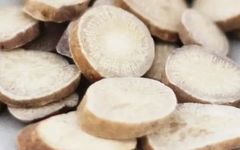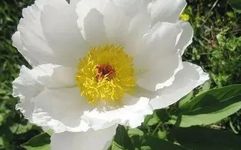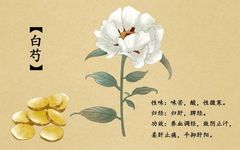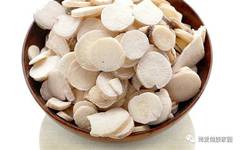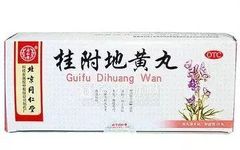Understanding Chinese Herbal Medicine: Bai Shao (White Peony)
Bai Shao (白芍) is a natural Chinese medicinal material, derived from the underground roots of the peony plant (Paeonia lactiflora) of the Ranunculaceae family. After removing the outer skin, the roots are sliced and dried to obtain the medicinal product. It is known for its ability to invigorate blood circulation, reduce swelling and pain, and … Read more

